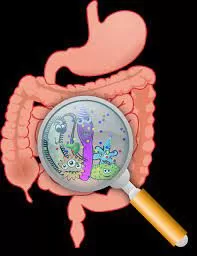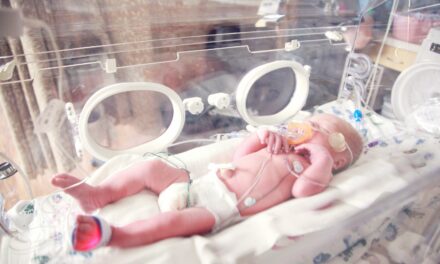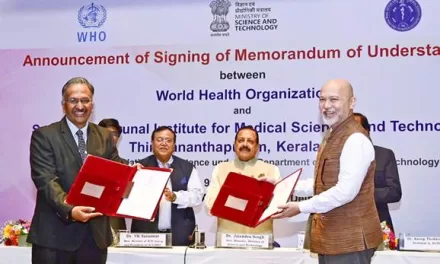Research Highlights the Influence of Paternal Gut Microbiota on Offspring’s Health and Placental Development
In a groundbreaking study published in the prestigious journal Nature, researchers from EMBL Rome and EMBL Heidelberg shed light on the crucial role of paternal gut microbiota in determining offspring health. Led by the Hackett group at EMBL Rome, in collaboration with the Bork and Zimmermann groups at EMBL Heidelberg, the study delves into how disruptions in the gut microbiota of male mice can significantly impact the health and development of their offspring.
The gut microbiota, comprising a diverse community of microorganisms residing in the gastrointestinal tract, has long been known for its pivotal role in various aspects of host metabolism and immune regulation. However, the study unveils a previously unrecognized connection between paternal gut microbiota and offspring health, particularly in relation to reproduction and placental development.
To investigate the effects of paternal gut microbiota on offspring, the researchers manipulated the gut microbiota of male mice using common antibiotics, inducing a condition known as dysbiosis. This dysbiosis altered the composition of gut microbes and subsequently affected testicular physiology, metabolite composition, and hormonal signaling in male mice. Notably, dysbiosis-induced changes in the male gut microbiota were found to significantly impact the health and development of their offspring.
The study revealed that offspring sired by dysbiotic fathers exhibited lower birth weights and an increased rate of postnatal mortality compared to those sired by untreated fathers. Importantly, these intergenerational effects were reversible, as normalizing the gut microbiota of the male mice led to offspring with normal birth weights and development.
“We have observed that intergenerational effects disappear once a normal microbiota is restored. That means that any alteration to the gut microbiota able to cause intergenerational effects could be prevented in prospective fathers,” explained Peer Bork, Director of EMBL Heidelberg and a key contributor to the study.
Furthermore, the researchers discovered a correlation between dysbiotic paternal gut microbiota and placental defects in pregnancies, resembling characteristics of pre-eclampsia in humans. These findings suggest a direct communication channel between the gut microbiota and the reproductive system, with implications for placental development and offspring health.
Lead researcher Jamie Hackett emphasized the importance of considering paternal intergenerational effects in the context of human health. “Given the widespread prevalence of dietary and antibiotic practices known to disrupt the gut microbiota, it is important to consider how these factors may be affecting pregnancy outcomes and population disease risk,” stated Hackett.
While the study provides valuable insights into the impact of paternal gut microbiota on offspring health in mice, further research is needed to elucidate the extent of these effects in humans. Nevertheless, the findings underscore the significance of maintaining a balanced gut microbiota not only for individual health but also for the well-being of future generations.












